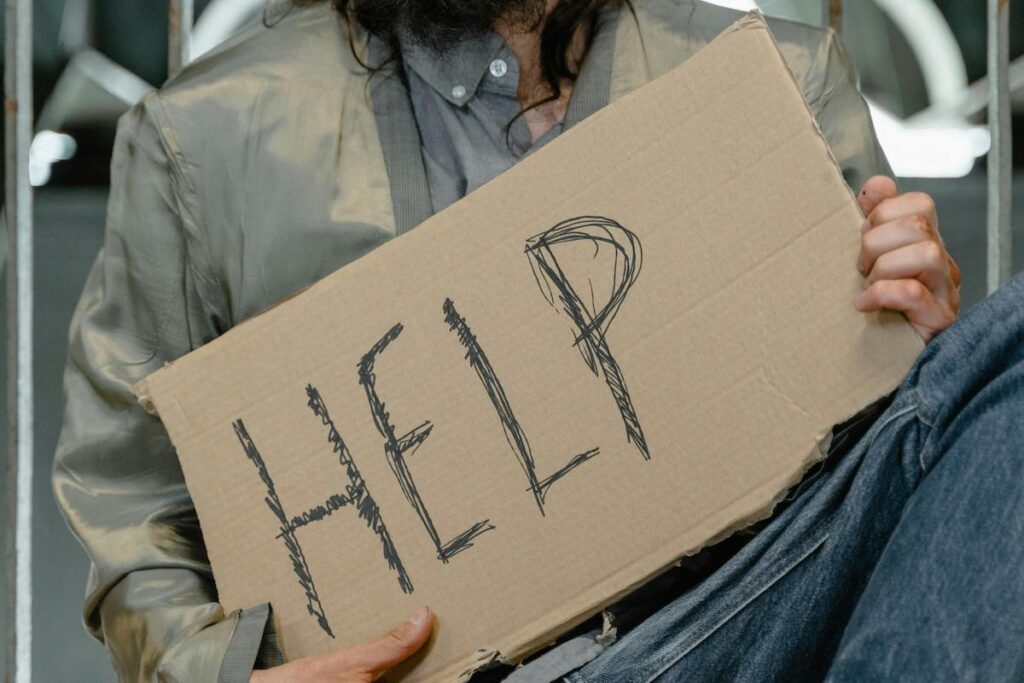Addiction is a deeply personal struggle, but it’s one that’s often shaped by larger systemic forces. Among the most impactful of these is poverty. In North Florida, individuals and families facing financial hardship are significantly more vulnerable to substance use disorders. The connection between poverty and addiction is not about moral failure or lack of willpower — it’s about stress, limited access to care, unstable environments, and an ongoing fight for survival.
Understanding how poverty fuels addiction is essential not just for those experiencing it firsthand, but also for communities, healthcare providers, and policymakers. Just as importantly, knowing that there is help available — no matter your income level — can be the first step toward meaningful change.
The Overlap Between Poverty and Substance Use
When someone struggles financially, they often face stressors that can trigger or intensify substance use. These might include unemployment, unstable housing, food insecurity, or lack of access to healthcare. Without the proper support systems, many turn to drugs or alcohol as a way to numb emotional pain, escape stress, or simply feel some form of relief in a difficult life.
In rural and low-income areas of North Florida, the issue becomes even more complicated. Many small towns lack nearby treatment centers, and public transportation is limited or nonexistent. Residents may also struggle with healthcare deserts — areas with few or no behavioral health professionals. These conditions create environments where addiction can thrive, while access to support is scarce.
Emotional Stress and Its Role in Addiction
Living in poverty is not only physically taxing, but mentally and emotionally draining as well. Chronic stress is known to have a direct impact on the brain. It increases the likelihood of mental health challenges such as depression and anxiety, which are strongly linked to substance use disorders.
People facing poverty often experience feelings of hopelessness or isolation. When daily life revolves around survival — keeping the lights on, feeding a family, or avoiding eviction — emotional regulation takes a backseat. Drugs and alcohol can offer a temporary escape from overwhelming pressure. Unfortunately, that short-term relief often leads to long-term consequences.
Barriers to Accessing Addiction Treatment
One of the most significant challenges for people experiencing poverty in North Florida is accessing affordable addiction treatment. There are several obstacles that make it harder for low-income individuals to get help:
- Lack of Insurance: Many individuals without full-time employment also go without health insurance, which means they must pay out-of-pocket for services they can’t afford.
- Transportation: Getting to and from appointments, especially in rural areas, can be difficult without a car or reliable public transportation.
- Limited Availability: Even if treatment centers are nearby, many have long waitlists, limited capacity, or prioritize those with private insurance.
- Stigma: There’s a deeply ingrained stigma around both addiction and poverty. Many individuals feel ashamed to ask for help, fearing judgment from others or mistreatment by healthcare systems.
These factors lead many people to delay seeking treatment, often until their addiction has reached a crisis point. This delay increases the risk of overdose, legal trouble, job loss, and fractured relationships.
How Government Programs and Assistance Can Help
Thankfully, there are resources available in Florida to help bridge the gap for those struggling with poverty and addiction. Medicaid, the state’s health insurance program for low-income residents, covers many behavioral health and substance use services. This includes outpatient counseling, medication-assisted treatment, detox, and inpatient rehab in some cases.
Additionally, state-funded programs exist to provide support to individuals without insurance. These programs may be administered by local community health centers or through behavioral health nonprofits. While availability and coverage can vary by location, they serve as a crucial safety net.
For those who qualify, applying for Medicaid or utilizing sliding-scale programs can drastically reduce or eliminate the cost of treatment. It’s important to reach out to providers like The Wave of North Florida, who can help verify eligibility and guide individuals through the application process.
Community Matters: The Importance of Local Recovery Support
Social support plays a huge role in successful recovery, especially for those coming from difficult financial backgrounds. The presence of community organizations, peer support groups, and case management services helps build a foundation for long-term sobriety. These resources can also assist with housing placement, job training, transportation, and mental health services.
Lake City and surrounding areas in North Florida have growing recovery communities. Peer-led meetings and support groups are often free, open to the public, and can be a lifeline for people with limited resources. Programs that involve family support and community-based care tend to have stronger outcomes, especially when tied to broader social services.
The Role of The Wave of North Florida
The Wave of North Florida is committed to making addiction treatment accessible for individuals regardless of their financial situation. Our team understands the unique challenges that people face when living below the poverty line, and we work to remove those barriers through a combination of professional care, advocacy, and personalized support.
Located in Lake City, we serve clients from Gainesville, Tallahassee, Jacksonville, Valdosta, and nearby rural communities. We provide a full continuum of care, including detox, residential treatment, Partial Hospitalization Programs (PHP), and Intensive Outpatient Programs (IOP). Each treatment plan is tailored to meet the specific needs of the individual, taking into account both their clinical needs and real-world circumstances.
Importantly, we work with most major insurance providers, including Medicaid plans. Our admissions team is experienced in helping clients navigate the process of insurance verification, state-funded options, and self-pay plans that can be adjusted to suit individual financial situations.
Starting Over: What to Expect in Treatment
Deciding to enter treatment is often the most difficult part, especially when poverty has made daily life a struggle. At The Wave, we focus on meeting people where they are, both physically and emotionally. That starts with creating a safe, judgment-free environment where every client is treated with dignity and respect.
The treatment journey typically begins with an assessment to determine the most appropriate level of care. From there, clients may enter detox, attend full-day therapy sessions, or begin outpatient treatment. No matter the level of care, the focus remains the same: helping individuals heal from the inside out.
Clients learn coping skills, address trauma, and build the emotional resilience needed to maintain sobriety. Therapy sessions help uncover the root causes of addiction while teaching tools for stress management, communication, and relapse prevention. Our goal is to equip every client with what they need to succeed — both during and after treatment.
Rebuilding a Life Beyond Addiction
For individuals living in poverty, recovery often means more than just sobriety. It means rebuilding a life that includes stable housing, meaningful employment, and supportive relationships. That’s why we also help clients plan for life after treatment by connecting them to vocational programs, transitional housing, and community support services.
Addiction recovery should not be a privilege reserved for those with financial means. It’s a human right — and at The Wave of North Florida, we are working every day to make it accessible to everyone.
Take the First Step
If you or someone you love is struggling with addiction and worried about the cost of treatment, know that help is available. Poverty does not have to be a barrier to recovery. With the right support, you can take control of your life, break free from addiction, and create a future that feels stable and full of hope.
Contact The Wave of North Florida today to speak with an admissions specialist. We’ll walk you through your options, answer your questions, and help you begin the process of healing. Whether you’re in Lake City, Gainesville, Jacksonville, or a nearby town, we’re here to support you — every step of the way.



